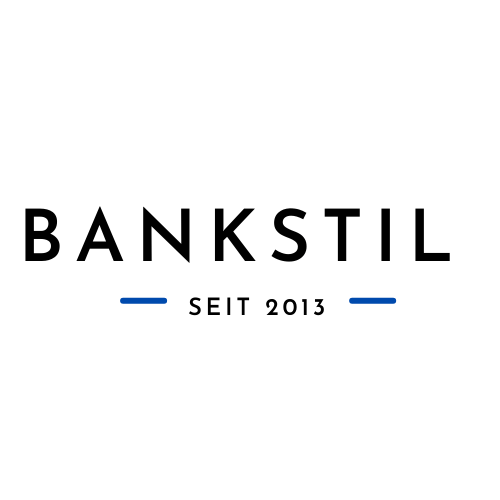Von Ralf Keuper
Mit der Verbreitung großer B2B-Plattformen, wie von Alibaba und Amazon, sind Banken in ihrer heutigen Formen für die Geschäftsabwicklung kaum noch nötig – allenfalls noch im Back End und für die Regulatorik (Vgl. dazu: B2B-Banking ohne Banken). Zu lange haben die Banken es versäumt, mittels eigener Standards und Lösungen im B2B-Segment Flagge zu zeigen (Vgl. dazu: B2B-Plattformen – eine weitere verpasste Chance der Banken). Heute sind die großen digitalen Plattformen der de-facto-Standard, an dem kaum noch ein Unternehmen oder eine Branche vorbei kommen (Vgl. dazu: Technologie- und Industriestandards beschleunigen die “Bankendämmerung” #1).
Bei der European Banking Association versucht man nun, verloren gegangenes Terrain zurückzugewinnen, wie aus Euro Banking Association calls for collaboration on B2B data sharing; sets out strategic goals hervorgeht.
Darin wird Vincent Brennan, head of group operations and payments der Bank of Ireland, mit den Worten zitiert:
Our analysis confirms that in order to truly drive innovative data propositions, digital consent management and a standardisation of data exchange are required. This will support secure and controlled accessibility of data at scale and with explicit consent given by the data owners, enabling banks and other service providers to address the emerging needs of business customers. While this may be achieved by individual banks, there is also an opportunity for industry collaboration as the set-up of digital consent management and the excha…
